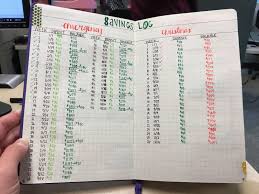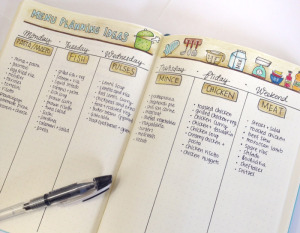I always sensed from my Dominican immigrant parents that you had to really justify your breaks and even vacations. I remember feeling guilty for missing a few classes in middle school, even when I was very sick. I remember being in my high school Tae Kwon Do class doing jumping jack exercises, feeling so weak from my period symptoms that I felt I couldn’t jump anymore; yet my instructor kept telling the girls that periods weren’t any excuse not to do the exercises. And those high school days were long running from8:30 a.m. to 4:30 p.m. These were among the many ways I was neglecting my health for the sake of hard work—unsurprisingly this only continued even more during college.
My childhood and adolescence was defined by my studies because that’s how I was taught to view life and success. I was taught that taking breaks was a distraction from continuing to increase your social status and making loads of money; two things that were extremely important for my family. It also felt like because they were themselves so used to the grind, they needed me to do the same in order to understand how much they sacrificed to get me to a decent life in the US. However, I think their view of personal sacrifices for me isn’t entirely accurate.
In some ways, I feel like I have sacrificed my entire self for my parents. I spent much of life building an inauthentic version of myself easy enough for them to manipulate. I prioritized my needs last, leading me to deprive myself of so much I needed in order to survive in the first place. Sometimes, I deprived myself of proper dinners just to work more to feel like I could pay my parental debt in labor. Other times, I gave up on precious sleep—something I am jealous of my twelve-year-old self for doing better—just to re-update my resume and apply for more jobs to feel like I wasn’t doing nothing at home.
If I happened to have too much free time, I couldn’t just journal, write for fun, listen to music, or chat with friends online without it feeling like I wasn’t being productive enough. Labor was the way my existence was justified. It was the way my parents felt I could properly honor them and even God. Even better if I could just handle doing it all as modern women are expected to. Clean. Cook. Babysit. Console. Get Paid. Being a woman was itself a full-time job with little benefits as I have come to face it more and more each day. And quitting was not a choice.
I have found that making time for both journaling and walking are forms of exercise I can easily do every day without hurting my wallet, my mind, or my body. One being more mental and the other being more physical, they still mirror each other in that they both keep me active and release me from self-containment—like I mentioned in the previous chapter. I have also found that journaling and walking facilitate each other, especially when I am in as open of a space as my college campus.

These exercises encouraged me to continue tapping into my sense of interoception, one of the many other senses we humans have but aren’t too aware of. As a woman, I am aware that I have been spending a lot of time inside my head and haven’t given those feelings proper release out into the world. It almost felt like I wanted to crawl out of my skin and transform into a butterfly in order to fly away from my problems. But I had to learn to love living in my human body and find my natural habitat—a place where I could smile, yell, laugh, and cry at a high volume without shame.
College was a break from home and everything else that came before it. College might cause some to grind even harder if they aren’t careful enough, but it gave me a resting place to slow down. Breaks, regardless of what they are breaks from, are productive because you have the space to properly enjoy yourself. You’re able to let your brain breathe, let yourself be inspired by the world, take notice of beautiful sights nature gifts you, and listen to your body when it may be telling you are consuming too much energy. If anything, your breaks allow you to be a proper student of life. Exactly why you shouldn’t let labor be your master.

By Daeli Vargas
Daeli is a recent graduate from the City College of New York with a BA in English and a publishing certificate. She is from the Bronx and is very passionate about all things literary. She hopes one day to publish many books of her own and share her passions worldwide.
For over 20 years, the Campus Clipper has been offering awesome student discounts in NYC, from the East Side to Greenwich Village. Along with inspiration, the company offers students a special coupon booklet and the Official Student Guide, which encourages them to discover new places in the city and save money on food, clothing, and services.
At the Campus Clipper, not only do we help our interns learn new skills, make money, and create wonderful e-books, we give them a platform to teach others. Check our website for more student savings and watch our YouTube video showing off some of New York City’s finest students during the Welcome Week of 2015.






